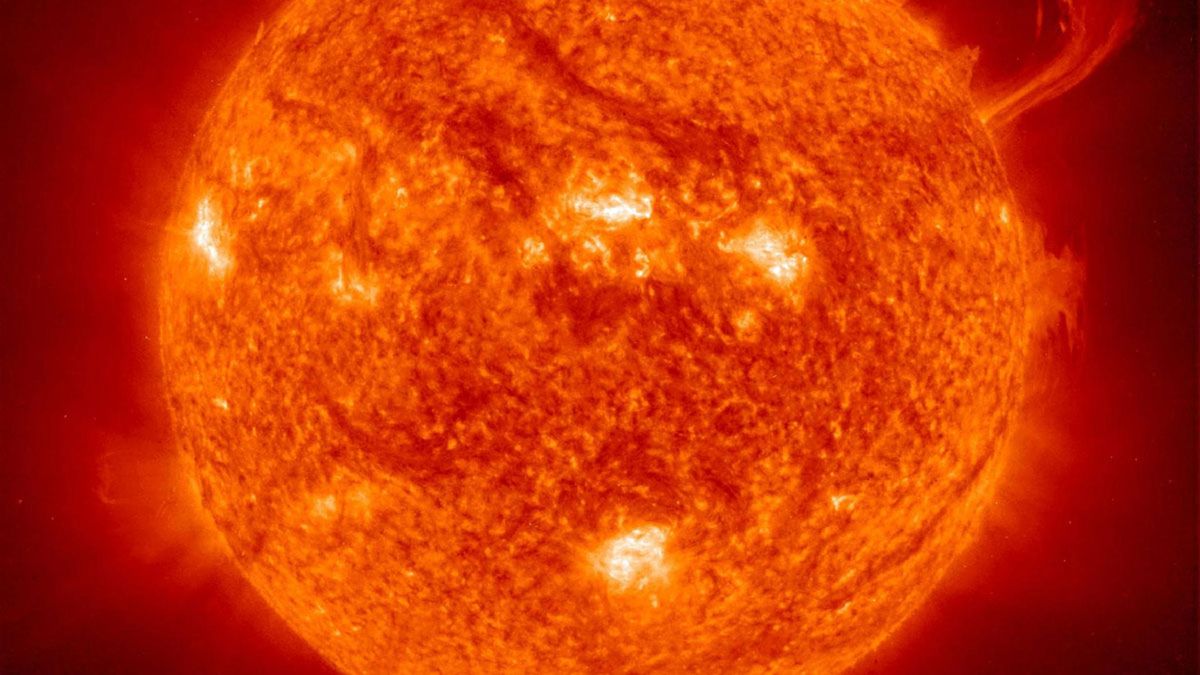Thu, Aug 21, 2025, 11:20 AM 4 min read
Bobby from Fresno, California, has done what many Americans dream of — he’s fully paid off his home. In the three years since, he and his wife have managed to save up $175,000.
Now, Bobby’s thinking of purchasing a $292,000 house as a rental property, and he called into The Ramsey Show to ask whether he should put the full amount down or split it to buy multiple homes.
But instead of answering, host Dave Ramsey offered Bobby a bright red warning.
-
Thanks to Jeff Bezos, you can now become a landlord for as little as $100 — and no, you don't have to deal with tenants or fix freezers. Here's how
-
I'm 49 years old and have nothing saved for retirement — what should I do? Don't panic. Here are 6 of the easiest ways you can catch up (and fast)
-
Want an extra $1,300,000 when you retire? Dave Ramsey says this 7-step plan ‘works every single time’ to kill debt, get rich in America — and that ‘anyone’ can do it
“When you talk about rental property, people particularly struggle with one issue,” Ramsey responded in a clip posted Aug. 13. “Debt equals risk. More debt equals more risk.”
Here’s the lesson Ramsey, who owns hundreds of millions of dollars worth of real estate himself, bestowed upon Bobby.
Ramsey went into further detail about the risks of investing in rental properties.
“More debt equals lower cash flow, less cash position and more risk,” he explained.
Putting everything into one property lowers debt and can simplify management, but even one lengthy vacancy or major repair bill could derail your financial situation. Multiple properties may mean more rental income, but it comes with increased debt and a bigger chance things could go wrong.
“So, when you don’t get a renter for four months, or one doesn’t pay for three months, or you put in a heat and air system that’s $14,000, or you have to put on a roof because it’s leaking, and you’ve got to pay property taxes and insurance … it is an incomplete picture when you don’t consider all the expenses,” Ramsey said.
Bobby could make some of these costs less painful by putting aside funds for expenses. Some experts say investors should expect 50% of gross income to go toward operating costs. This includes property taxes, home insurance, maintenance, repairs and utilities. It should be noted, however, mortgage payments are excluded from this list.
Read more: Do you own rental properties in the US? These 6 hacks can help you boost your income and lower your tax burden
These hidden costs can cut down on cash flow, even after a chunky down payment like the one Bobby can make.
.png)
 German (DE)
German (DE)  English (US)
English (US)  Spanish (ES)
Spanish (ES)  French (FR)
French (FR)  Hindi (IN)
Hindi (IN)  Italian (IT)
Italian (IT)  Russian (RU)
Russian (RU) 






Comments